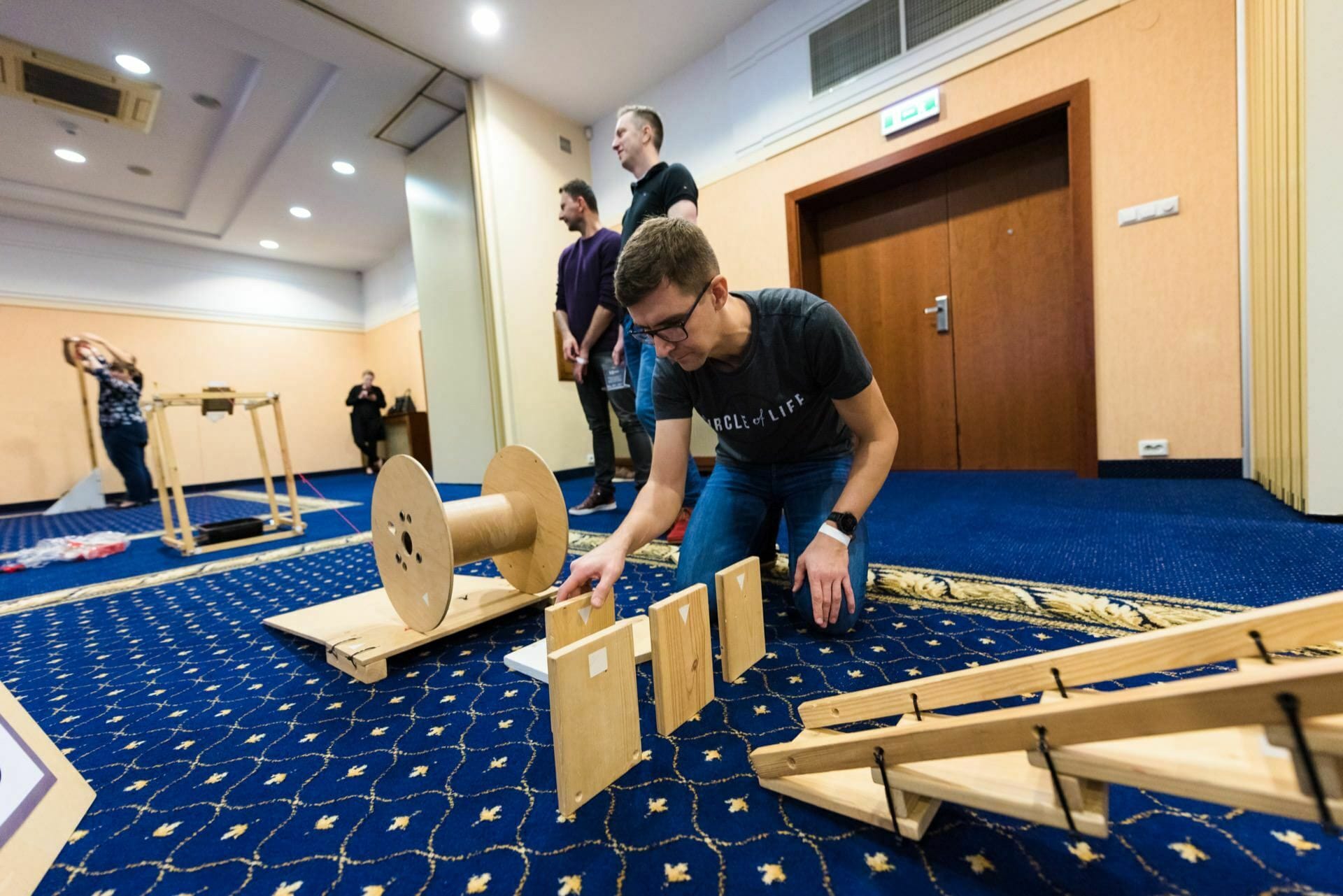You may associate conferences with a stage where someone speaks, power point slides fly in the background and the rest of the guests listen. At the end, everyone asks questions and goes for coffee and cake. That’s how it may look in a big simplification and that’s how it happens, but there are at least a few types of conferences. On top of that, they can be confused with other events such as symposiums, workshops or training courses, or lumped into a bag called eventemi. So what types of conferences can be distinguished?
Press conference
Mainly media people such as journalists and reporters are invited to press conferences. On the other side are usually people who have some important information to communicate or show news.
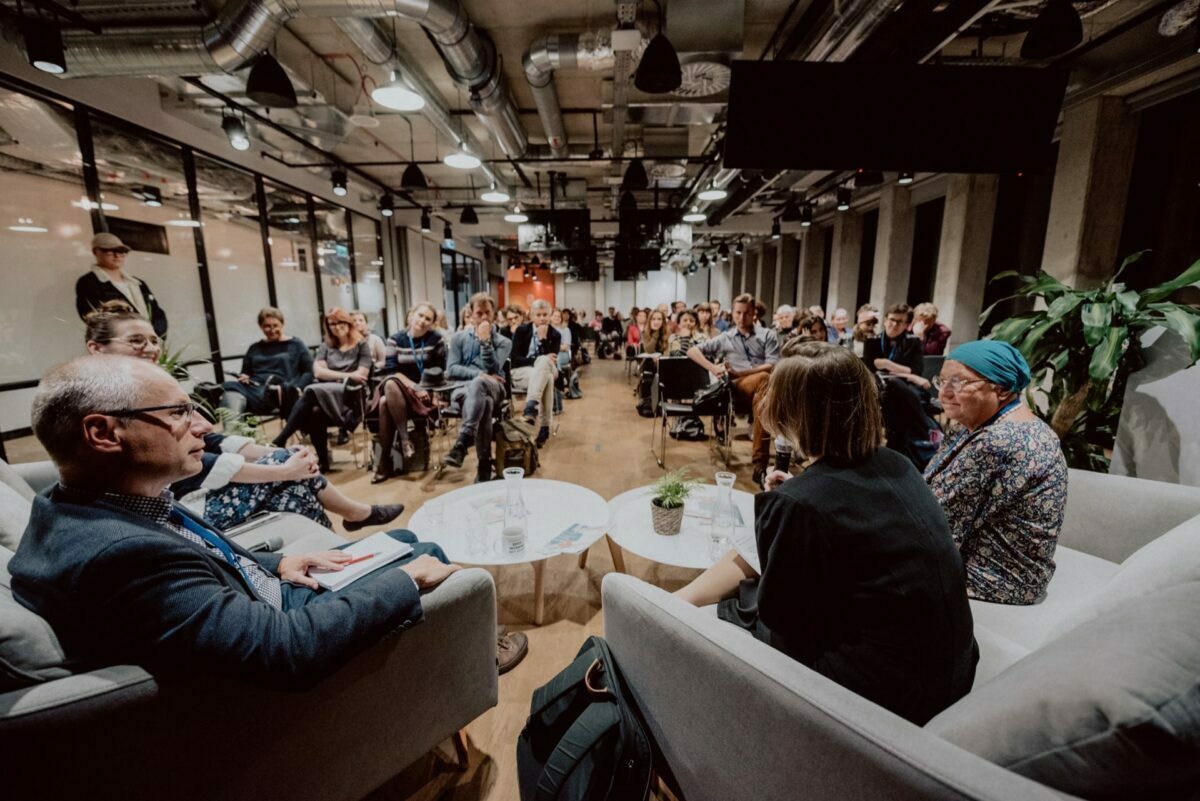
Political conferences
Associated with political events, most often associated with government speeches. They have been much talked about in recent years, since during the Covid-19 pandemic it was during them that new government guidelines such as new restrictions were communicated. By which they combined some elements of a press conference, but at the same time they were also broadcast live.
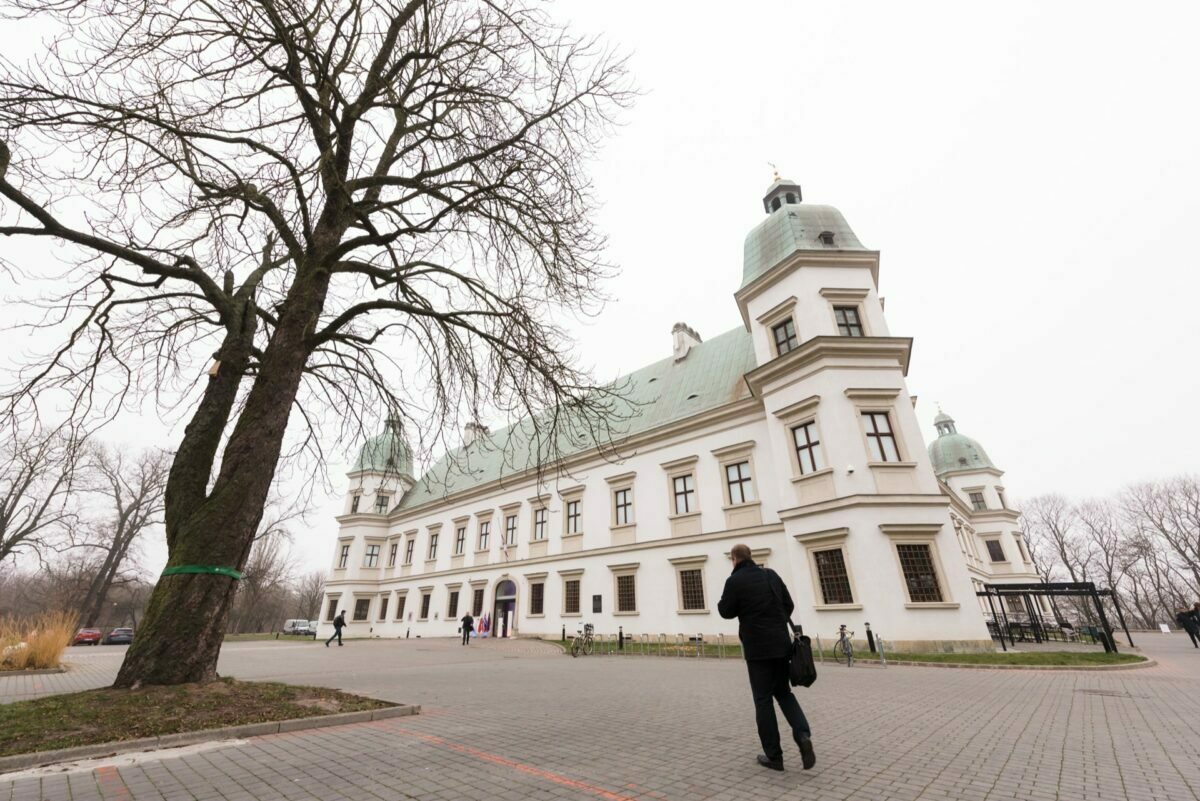
Scientific conference
Scientific conferences addressed to a group of scientists, theoreticians and practitioners interested in a certain field. Often during such conferences, new discoveries and results of conducted research are discussed. In addition to lectures, a scientific conference is also a field for discussion of research results among specialists in a particular field.
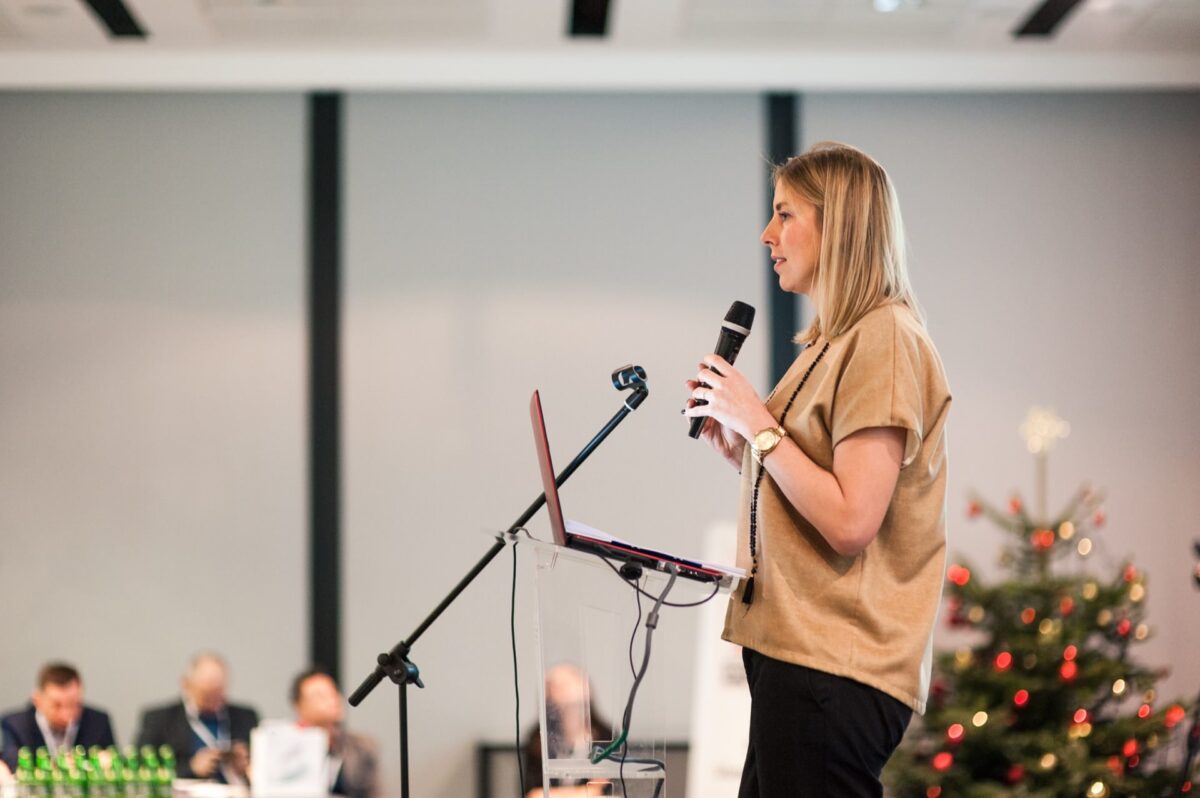
Business conference
Business conferences discuss the operation of an enterprise or a particular industry. Such conferences can lead to the development of new solutions and the exchange of information among people working in one company or related businesses. Meetings of this type also bring with them the possibility of establishing new business contacts and the formation of new ventures.
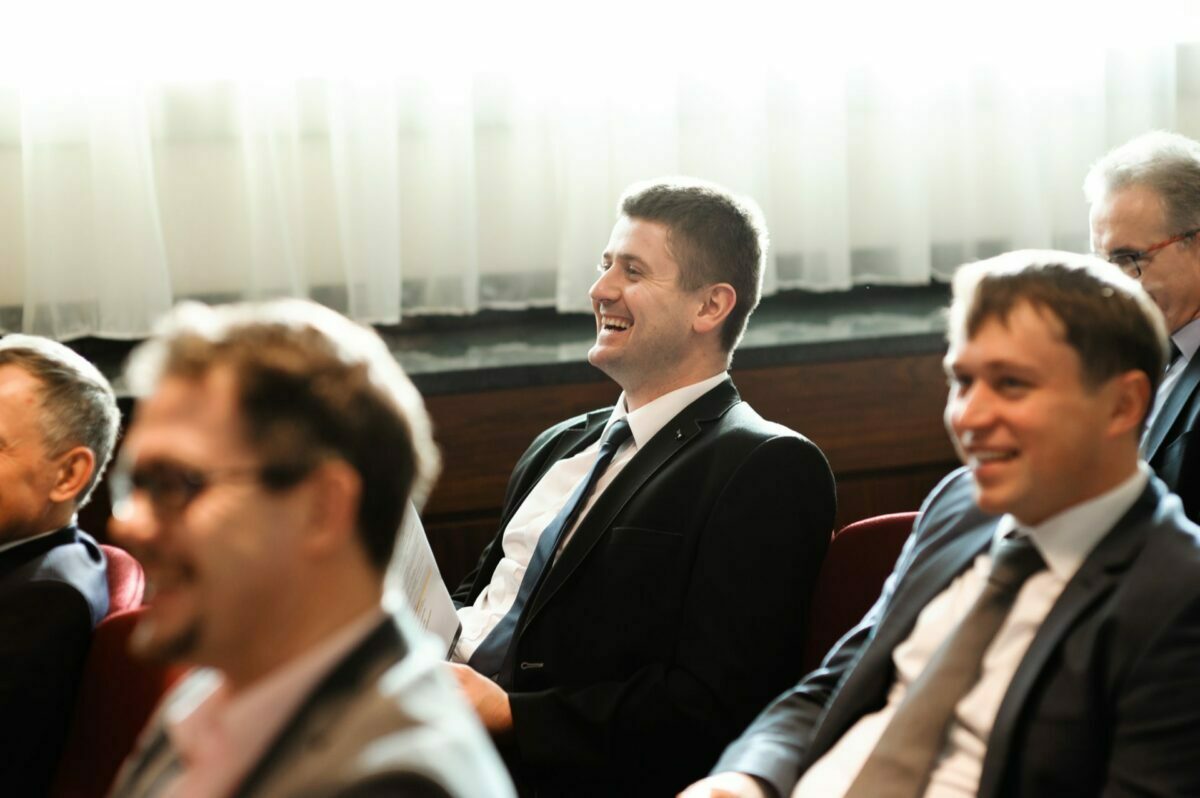
Trade conferences
Trade conferences are also sometimes combined with industry trade shows. They usually touch on broader topics and also reach a wider audience than business conferences. They often bring together representatives of multiple companies.

Industry conferences
Like the above two, except that they bring together representatives of the same industry, or related ones. Like the Event Industry Forum brings together exhibitors offering products and services related to the event industry.
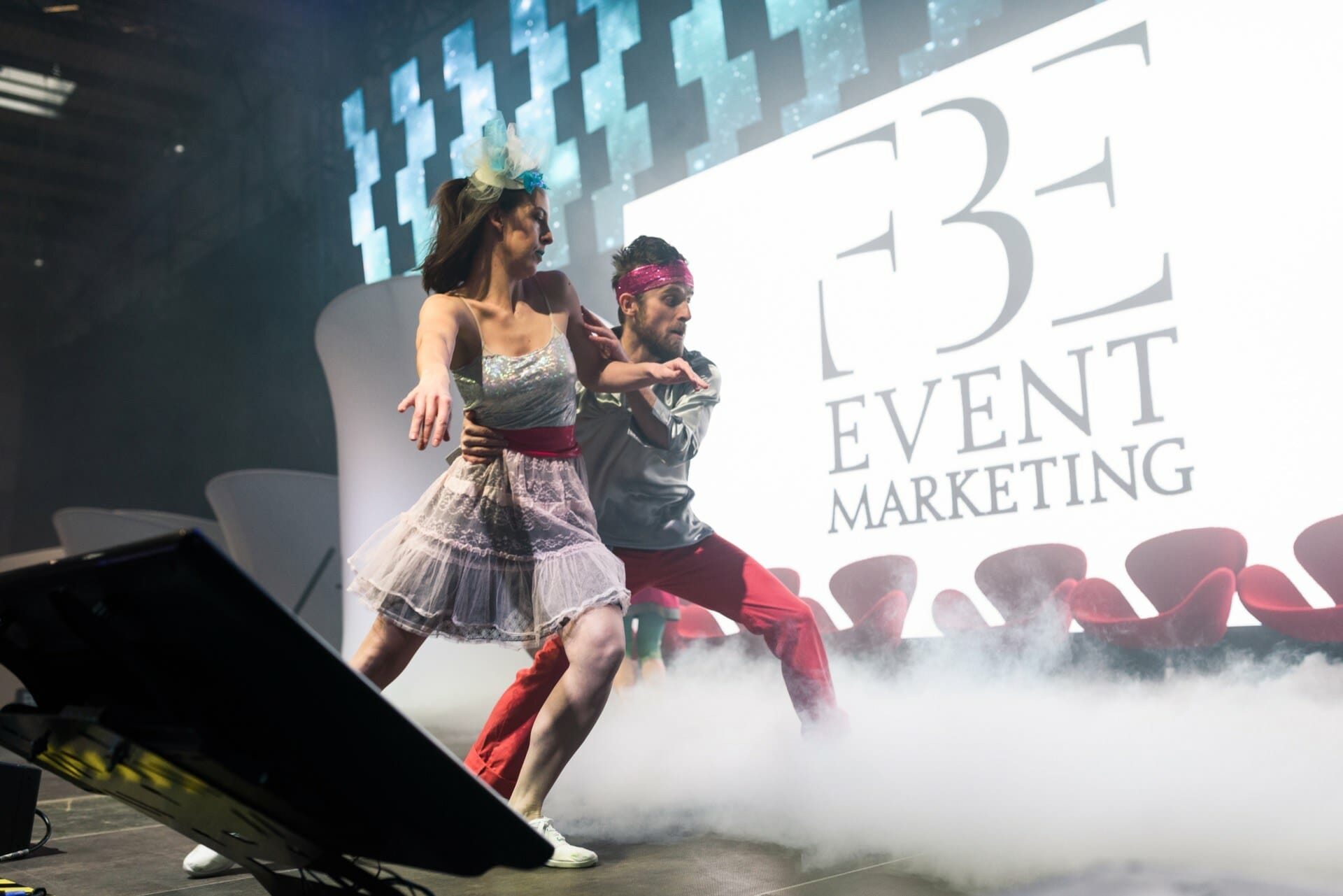
Conference vs. congress
Conferences are sometimes called congresses, but they usually differ in size and duration. Congresses are usually several-day meetings that are cyclical in nature. Because quite a few conferences are one-time events that sometimes have their continuation in subsequent years. When congresses are spotted periodically, even over a similar period of time to gather a wider audience.
Mostly these are meetings that bring together people from the scientific, political, religious or social community. They are also often international events. As after scientific conferences, the conclusions and results presented at the congress are widely published.
Conference or event?
If we talk about events, we also talk about conferences, which is a more precise term. Just like event photography yes events is a very general term that is hard to define. Yes conferences already tell us a form of meeting where the main people are on stage to share their knowledge and information.
Training
Conferences can sometimes be equated with training, but training is focused more on imparting knowledge that participants can apply to their lives or work. Trainings do not discuss a topic as much as conferences do. The purpose of training is to show ready-made solutions and tools, which are discussed rather than discussed.

Training courses are designed to supplement or expand participants’ knowledge. During training sessions, participants can often take part in them themselves to test the knowledge they have acquired. Therefore, unlike seminars, during training sessions the emphasis is on practice more than on lecturing dry theory.

Trainings during which participants are very active and have assigned tasks are called workshops. During the workshop, challenges are posed to the participants, which they have to solve using the acquired knowledge. At the same time, together with the instructor, they are actively supported in terms of content all the time. Workshops are one of the most interesting forms of acquiring knowledge, as they engage the participants the most and verify their vision already during the workshop.
